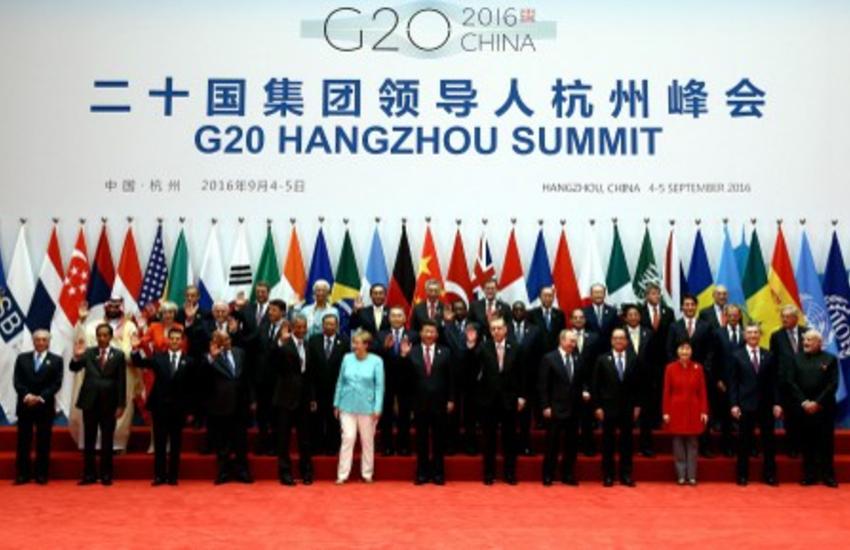Countries across the globe have adopted more than 1,200 laws to limit climate change—an impressive rise from only 60 laws two decades ago. Low-income countries have been particularly active on the issue. Courts are complementing the actions of legislators through rulings on the implementation of existing climate laws, and two-thirds of their rulings have either strengthened or maintained climate change regulation.
These are some of the key findings from a study entitled Global trends in climate change legislation and litigation, launched on 9 May during the Conference on Climate Change in Bonn. The study reviewed climate-related laws and executive actions in some 164 countries.
In the foreword to the report, IPU Secretary General Mr. Chungong writes, “This study comes at a critical time as policy-makers and practitioners seek to implement and put into practice the transformative Paris Agreement on climate change. Parliaments are at the heart of this response. They…should make sure that the provisions of the Paris Agreement are translated into national legislation and that adequate budget allocations are made to support implementation of relevant laws and policies.”
During a side event at the Conference, entitled “Implementation of the Paris Agreement and NDCs—New tools for developing climate legislation”, the report’s finding were examined and debated. The event was organized jointly by the United Nations Framework Convention on Climate Change, in partnership with UN Environment, the Commonwealth Secretariat and the Grantham Research Institute. The IPU Secretary General was among the speakers.
Many countries have introduced legislation to support their Nationally Determined Contributions (NDCs) to the Paris Agreement. At the side event, experts, using the report as a starting point, highlighted the importance of adopting legislation and policies that embed NDCs, monitoring their implementation, and finding ways to achieve the targets through the creation of institutions, incentives and ratchet mechanisms.
The study has been co-published by the Grantham Research Institute, the Sabin Center for Climate Change Law of the Columbia School of Law, the IPU and The Centre for Climate Change Economics and Policy.











